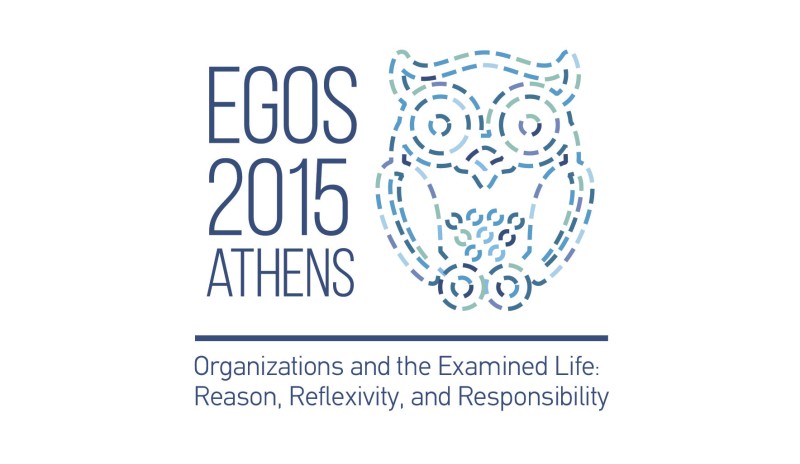Sub-theme 66: When Reason is not Enough: Intercultural Competence Acquisition and Use
Call for Papers
Intercultural competences were previously assumed to come mainly from knowledge of cultural differences; reason
was supposed to overcome basic stereotypes and leads to appropriate adjustments. Today, intercultural competences are increasingly
associated with reflexivity (see Rosenblatt et al., 2013; Gertsen et al., 2012). International assignments, working in multicultural
teams or even field studies during training programs are no guarantee of improved intercultural sensitivity or intercultural
competence, if the participants do not get a chance to reflect on their experience.
Likewise, intercultural competences
have been assumed to be used. ‘Intelligent leaders' would of course use their skills to ease collaborations between members
of different cultures. Yet, studies show for example, how bi-cultural individuals can become gate keepers or selective translators
(Brannen & Thomas, 2010; Yagi & Kleinberg, 2011). Other studies reveal the tensions that managers face when they have
the mission to transfer corporate cultures or management practices to new cultural environments, where they know this is not
a cultural preference (Dalton & Drucker, 2012; Gertsen & Zølner, 2012). Most intercultural interactions are not happening
in a contextual vacuum. Individuals and organizations have agendas and may choose to use their intercultural skills foremost
to their advantage. This is where the notion of responsibility is entering the discussions on intercultural competences. Do
managers have a responsibility to use their intercultural competence for inclusive practices? Are they expected to use their
competence to be responsible global citizens, that is, not only knowing about but also respecting differences?
This call for paper touches on the three central themes of reason, reflexivity and responsibility:
- It invites contributions that examine the role of reason and reasoning as a central element of intercultural knowledge development and acquisition.
- It welcomes contributions on the role of reflexivity in the acquisition and transfer of intercultural knowledge, sensitivity, intelligence and competence; in brief, on the necessity for individuals and organisations to favour space and time for reflection if they are to learn.
- The third main theme invites a discussion on the responsibility that intercultural managers have in view of their interlocutors. Shall managers promote and implement culturally inclusive practices, thereby promoting an environment respectful of cultural differences? Do they have a moral obligation to do it, a social responsibility to do so? What practices are implied by this responsibility?
More broadly,
this sub-theme welcomes papers exploring the nature, creation, development and use of intercultural knowledge and practices
in organisations. Contributions employing multidisciplinary approaches and insights from multiple cultural backgrounds are
encouraged. Qualitative research and case studies are welcome, as well as conceptual contributions.
References
- Brannen, M.-Y., & Thomas, D. (2010): "Bicultural individuals in organizations: implications and opportunity." International Journal of Cross Cultural Management, 10 (1), 5–16.
- Dalton, K., & Druker, J. (2012): "Transferring HR concepts and practices within multinational corporations in Romania: The management experience." European Management Journal, 30 (6), 588–602.
- Gertsen C. M., Søderberg, A.-M., & Zølner, M. (2012): Global Collaboration: Intercultural Experiences and Learning. Chippenham: Palgrave MacMillan.
- Gertsen, M.C., & Zølner, M. (2012): "Recontextualization of the corporate values of a Danish MNC in a subsidiary in Bangalore." Group & Organization Management, 37 (1), 101–132.
- Rosenblatt, V., Worthley, R., & MacNab, B. (2013): "From contact to development in experiential cultural intelligence education: the mediating influence of expectancy disconfirmation." Academy of Management: Learning & Education, 12 (3), 356–379.
- Yagi, N., & Kleinberg, J. (2011): "Boundary work: An interpretive ethnographic perspective on negotiating and leveraging cross-cultural identity." Journal of International Business Studies, 42 (5), 629–653.


